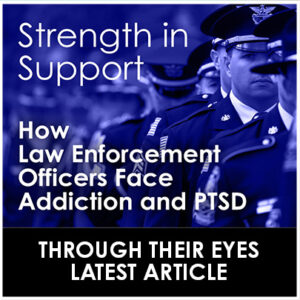Heroin addiction among active military and veterans is common among those who are discharged from service and are looking for a way to calm the effects of traumatic events.
This can also affect first responders such as members of the police force, firefighters, and EMTs/paramedics as they try and cope with the daily struggle of saving lives. The nightmares, sleepless nights, and constant sense of alertness ultimately lead to them turning to illicit drugs. However, they often turn into uncontrollable addictions that quickly consume their lives.







